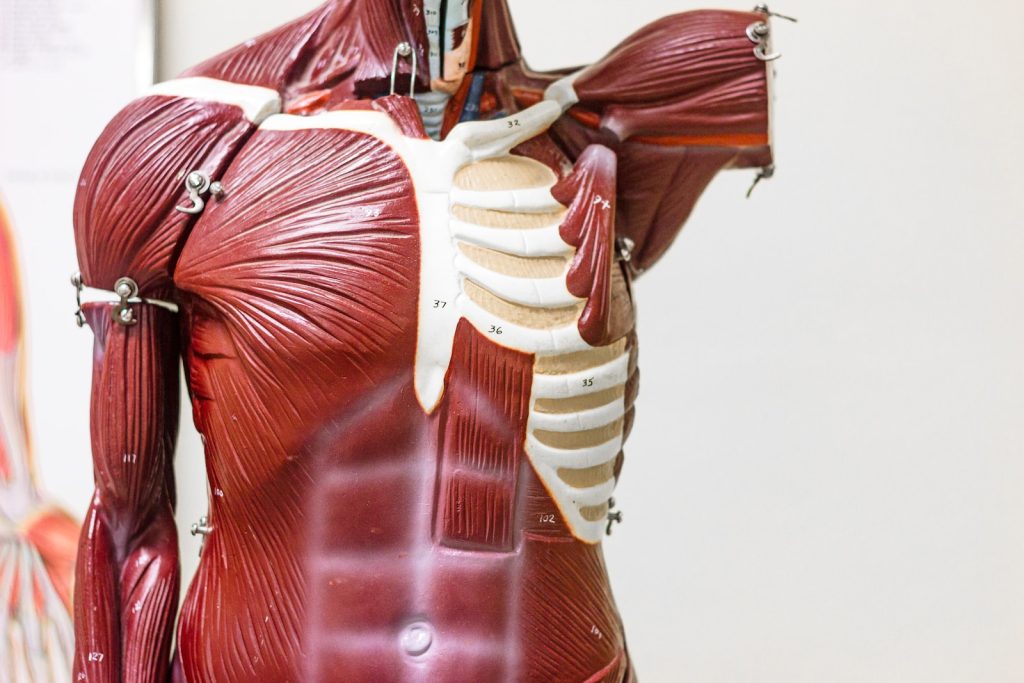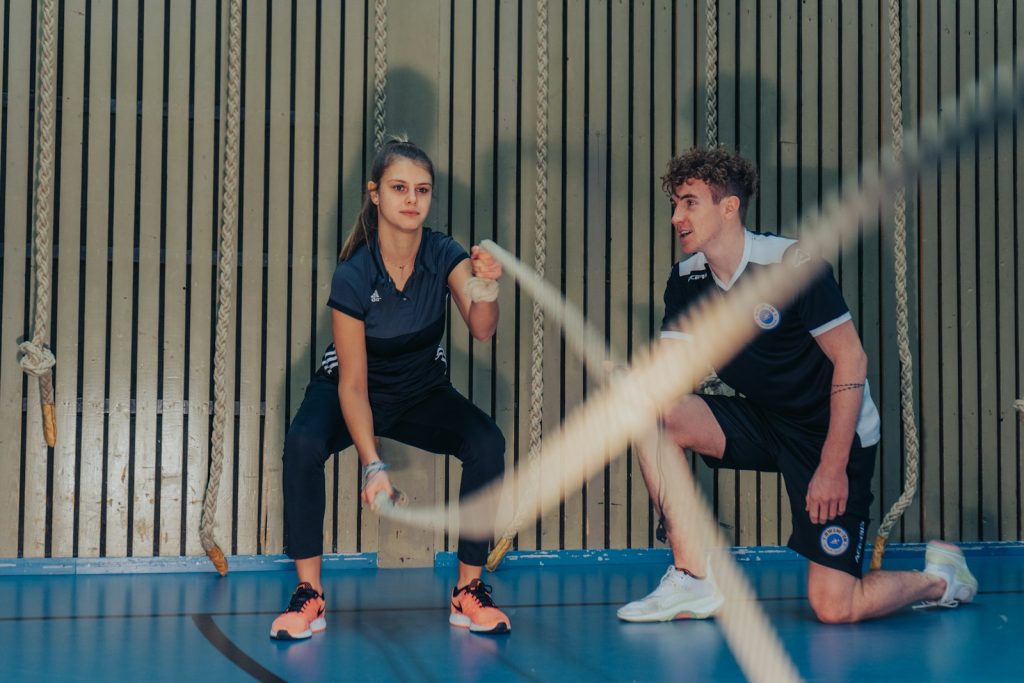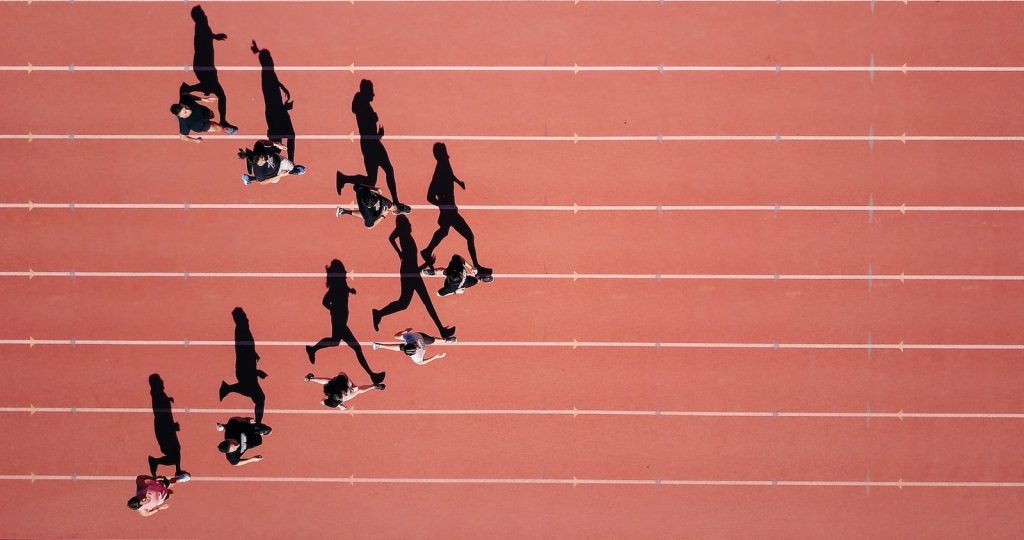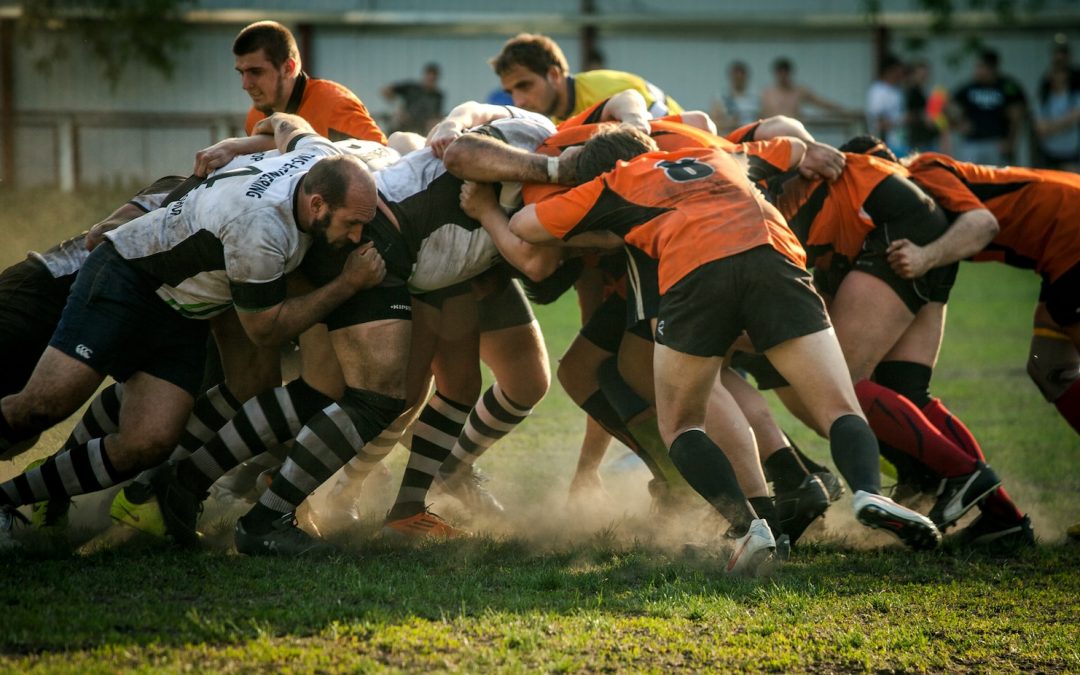Sports Physiotherapy: Injury-Free and Strong
Sports physiotherapy is a specialised field that plays a pivotal role in promoting the well-being of athletes. It encompasses a comprehensive approach to injury prevention, rehabilitation, performance enhancement, and overall health maintenance.
The demands placed on athletes’ bodies are unique, requiring specialised care to ensure they remain injury-free, perform optimally, and sustain a high level of physical and mental well-being throughout their careers. In this article, we will delve into the multifaceted role of sports physiotherapy and its profound impact on athlete well-being
1. Injury Prevention: A Proactive Approach
Injury prevention is a cornerstone of sports physiotherapy. Proactive strategies are implemented to identify and address potential risk factors before they escalate into injuries. Pre-season assessments are conducted to evaluate an athlete’s physical condition, identifying any weaknesses, imbalances, or biomechanical issues. These assessments enable sports physiotherapists to design targeted prevention programs that focus on strengthening specific areas and improving overall conditioning.
Educational initiatives are another crucial aspect of injury prevention. Athletes receive guidance on proper warm-up and cool-down routines, stretching exercises, and techniques to minimise the risk of injuries during training and competition. By empowering athletes with knowledge and awareness, sports physiotherapy contributes to creating a culture of injury prevention within the athletic community.

Sports physiotherapy, as a vital component of athlete well-being, not only focuses on pre-emptive measures but also offers post-injury rehabilitation. In the event of injuries, physiotherapists play a pivotal role in devising personalised recovery plans, incorporating targeted exercises and therapeutic interventions.
Beyond physical aspects, mental resilience is addressed, fostering a holistic approach to athlete health. By integrating comprehensive care, sports physiotherapy not only minimises injury risks but also facilitates optimal recovery, enabling athletes to return to peak performance with enhanced physical and mental resilience.
2. Rehabilitation: Restoring Function and Facilitating Recovery
When athletes become injured, sports physiotherapists play a central role in the rehabilitation process. Each injury demands a personalised approach, considering the nature of the injury, the athlete’s specific needs, and the sport’s demands. Through a combination of manual therapy, exercise prescription, and modalities such as shockwave therapy, sports physiotherapists work to restore function, strength, and flexibility.
The rehabilitation process is often progressive, with gradual increases in intensity and complexity. This approach ensures that athletes not only recover from their injuries but also return to sport safely and with minimised risk of re-injury. Sports physiotherapists collaborate closely with athletes, monitoring their progress and adapting rehabilitation plans as needed.
3. Performance Enhancement: Optimising Physical Fitness
Beyond injury prevention and rehabilitation, sports physiotherapy plays a vital role in enhancing athletic performance. Collaboration with strength and conditioning coaches is common, as sports physiotherapists contribute their expertise to optimise an athlete’s physical fitness.
This involves targeted strength training, agility drills, and exercises to improve power and endurance. Biomechanical analysis is a valuable tool used by sports physiotherapists to identify inefficient movement patterns that may hinder performance or contribute to injuries. By addressing these issues through corrective strategies, athletes can optimize their movement mechanics, leading to improved performance and reduced injury risk.

4. Pain Management: Integrating Modalities and Manual Techniques
Pain management is a significant aspect of sports physiotherapy, especially in the context of sports-related injuries. Manual therapy techniques, including massage, joint mobilisation, and soft tissue manipulation, are employed to alleviate pain and promote tissue healing. Modalities such as shockwave therapy, electrical stimulation, hyperbaric oxygen therapy and cryotherapy are also utilised to manage pain and inflammation effectively.
Effective pain management is crucial not only for the physical recovery of athletes but also for their mental well-being. Chronic pain or discomfort can impact an athlete’s psychological state, potentially leading to anxiety or reduced motivation. Sports physiotherapists address pain comprehensively, considering both the physical and psychological aspects of the athlete’s well-being.
5. Mental Well-being: Addressing Psychological Challenges

The mental well-being of athletes is a critical aspect of their overall health, and sports physiotherapy recognises and addresses the psychological challenges that may arise during injury and rehabilitation.
Athletes often face stress, frustration, and anxiety when side-lined by injuries. Sports physiotherapists work in collaboration with sports psychologists and other mental health professionals to provide comprehensive support. The rehabilitation process can be mentally challenging, requiring resilience and patience.
Sports physiotherapists contribute to the athlete’s mental well-being by fostering a positive and supportive environment, setting realistic expectations, and implementing strategies to enhance motivation and mental resilience.
6. Communication and Collaboration: Team Integration for Comprehensive Care
Sports physiotherapists do not work in isolation; they are integral members of a multidisciplinary team that includes coaches, athletic trainers, physicians, and other healthcare professionals. Clear communication and collaboration are fundamental to providing comprehensive care for athletes. Injury reporting and monitoring mechanisms are established to ensure that all relevant stakeholders are informed about an athlete’s condition. This collaborative approach allows for timely interventions, adjustments to training plans, and a holistic understanding of the athlete’s well-being. The cohesive efforts of the entire team contribute to a more effective and tailored approach to athlete care.
7. Continual Assessment and Adaptation: Dynamic Care for Athlete Well-being
Athlete well-being is a dynamic concept that requires continual assessment and adaptation. Regular check-ups, even in the absence of injuries, are conducted to evaluate an athlete’s physical condition and identify any emerging issues. Sports physiotherapists adapt rehabilitation and training plans based on the athlete’s progress, ensuring a dynamic and responsive approach to their well-being.
By staying attuned to the athlete’s evolving needs and adjusting interventions accordingly, sports physiotherapists contribute to the long-term health and sustainability of an athlete’s career. This proactive and dynamic care approach is essential for addressing challenges promptly and optimising performance over time.

in summary
Sports physiotherapy is a multifaceted discipline that plays a central role in athlete well-being. From preventing injuries and facilitating rehabilitation to enhancing performance and addressing the psychological aspects of sports, sports physiotherapists contribute significantly to the holistic care of athletes. Their expertise, combined with a collaborative and proactive approach, ensures that athletes not only recover from injuries but also thrive in their sporting endeavours while maintaining optimal physical and mental well-being throughout their careers.
If you wish to seek further help or speak to a practitioner about any of the above, call us on 0800 731 2738 or book online here.
You can also view all the services we provide within our clinics on our website, as well as checking out our other blogs and content.
For more free tips and information, make sure to follow our Facebook and Instagram pages. We also post client stories, so you can see how we’ve helped people get back to doing the things they enjoy!



